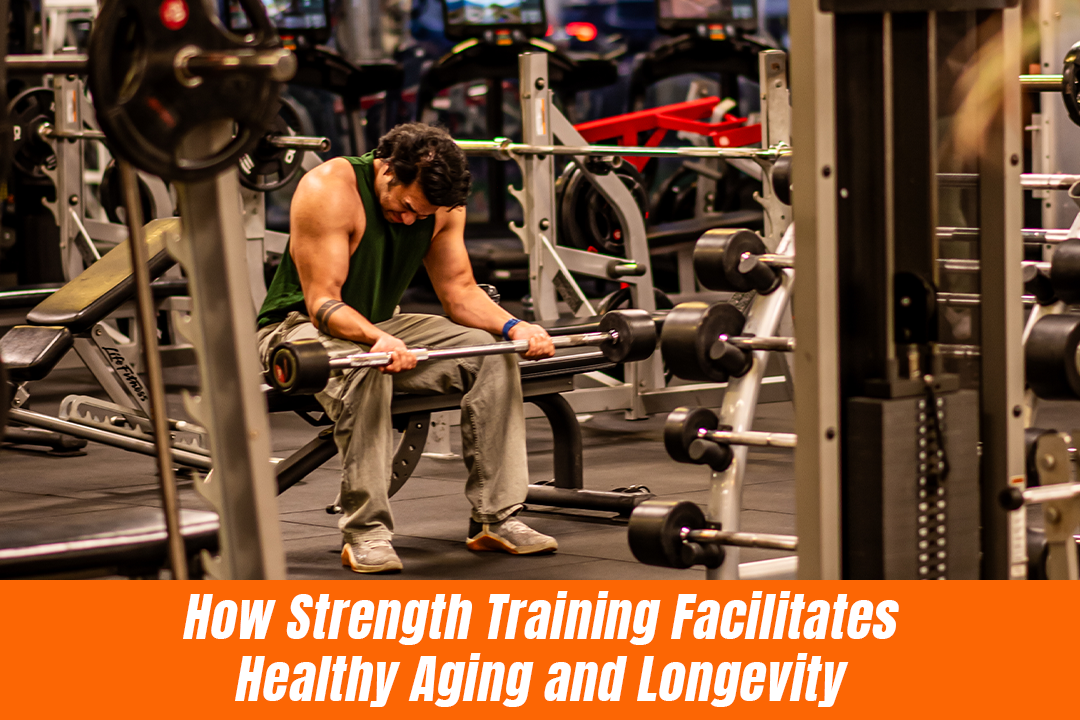
Aging is inevitable, but the way you age is in the palms of your lifestyle decisions. Despite the fact that everyone has a tendency to relate strength training as exercise with an athlete or bodybuilder, science indicates that it is just as important for older generations. In addition to developing muscle, resistance exercise maintains bone density, balance, metabolism, and even brain function. For anyone wishing to age well and stay independent, strength training is one of the most powerful tools available.
Beginning at age 30, adults lose 3–8% of muscle strength each decade, a condition called sarcopenia. By themselves, these losses speed up after age 60, producing weakness and frailty. Strength training makes muscle fibers react, to retain and even gain lean muscle — which makes mundane tasks such as climbing stairs, carrying grocery bags, or even rising from a chair without a struggle.
Strong-muscled joints are a defense against joints by absorbing shock and spreading loads more effectively. Resistance exercise strengthens stabilizer muscles and connective tissue, decreasing pain and stiffness — particularly for people with arthritis.
Osteoporosis is an age-weakening disease, particularly in women after menopause. Strength training stresses bones positively and makes them strive to be dense and strong. Research has determined that consistent resistance exercise can arrest or even reverse bone loss due to aging and minimize fractures.
A reduction of muscle mass leads to a decrease in metabolism, and impaired weight management. Resistance training, by maintaining lean tissue, provides a greater resting energy expenditure than fat tissue. Lean tissue and exercise-related metabolism will be used by the body during positive long-term weight management and will help reduce risk factors for metabolic diseases such as type 2 diabetes.
Fitness is about more than muscles. It is also good for the mind and heart. Agreements include positive changes in blood pressure, insulin sensitivity, and inflammation due to resistance exercise. Resistance exercise also promotes blood flow to the brain responsible for thinking, memory and attention.
Falls among older adults is mostly due to injury, and the literature supports this. Enhanced lower limb strength, core stability, and coordination from strength training reduces the risk of falls, while increasing autonomy and confidence in daily living tasks.
Strength training also helps with mental health. It was found to diminish symptoms of anxiety and depression, enhance sleep quality, and enhance overall mood through endorphin release. Group sessions or working with a coach provide for social contact, accountability, and enjoyment — the three most essential ingredients for long-term compliance.
Fitness membership at a Truganina gym such as Kahma 24/7 provides you with state-of-the-art equipment, personal trainers, and group classes tailored to all fitness levels. A beginner to the world of exercise or a returnee to the fitness circuit, structured assistance allows you to exercise safely and remain motivated. Flexible options like a Truganina gym membership allow you to integrate exercise into your lifestyle, remaining consistent — the biggest contributor to long-term results.
Healthy aging is more than living longer, it is living more years. Strength training prevents loss of independence, energy, and self-worth while minimizing risk to chronic illness, falls, and frailty. Investing in your muscles by adding resistance training to your weekly program doesn't just invest in your present self, it is investing in your future self.